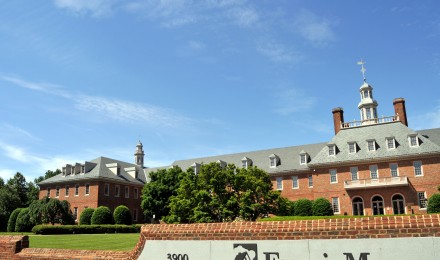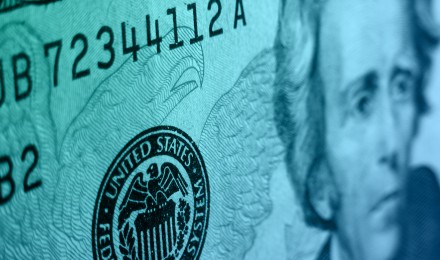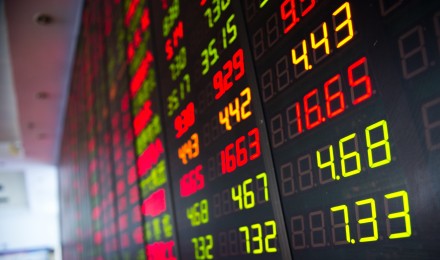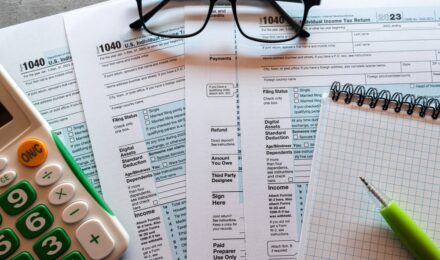The answer to that question is yes…but. After the housing bubble of 2008, housing prices plummeted, especially in certain overheated markets (i.e. Las Vegas, Miami, etc.). Interest rates have stayed very low despite a slight bump up this past spring. And, like the stock market, housing prices have rebounded robustly across the country fueled by The Fed’s, well, accommodation. And yet…something seems amiss. Banks continue to be hesitant to lend to all but the highest credit rating (although there are signs of loosening), and many people seem to reluctant to try for a loan. While home owners have enjoyed seeing their property increase in value, those sitting on the sidelines may already be priced out, despite the low mortgage rates. So what in the world has caused the market for homes to zoom back (or nearly so) to the old highs? The answer may be a bit unsettling. It seems that a huge chunk of the buyers are institutions:
“The housing market continues to skew in favor of investors, particularly deep-pocketed institutional investors, and other buyers paying with cash,” said Daren Blomquist, vice president at RealtyTrac.
Needless to say, the profits have been enormous during The Feds QE(quantitative easing) programs. And hey, it’s still a free country right? Nothing wrong with any of this type of activity per se, but it does leave housing vulnerable. While home prices have always fluctuated with the economy, the volatility has generally been much lower than similar assets such as stocks. The reason for that is simple in that people actually use their houses and the day to day fluctuations are meaningless. Even during the (relatively) fast collapse in hosing prices during the 2008 period, the fact is most people just kept living in their homes. As long as you owned the house outright or could afford the mortgage, the downturn in prices, while disconcerting, didn’t really have an effect on your daily living. And with the help of the Fed, the prices went right back up within just a few years. But, having homes become a cash market to such a large degree means only one of two things for the future. Either the home owner is wealthy enough to buy their home for cash or they are in it for a short term profit. It’s the people in the latter category where trouble may lie ahead. Because, like the stock market, institutions have zero interest in what may happen in the medium to long term:
And if there is one thing institutions know (and hate) – it is being the last one holding inventory. In other words, once the selling, pardon dumping, avalanche begins, watch out below.
That is a real concern. The conversion of homes into the equivalent of stocks could deal a real blow to confidence as well as the economy. And there are signs that the institutions are reaching a bit to keep the gravy train rolling:
So after gobbling up all the real estate in the marquee markets, the Private Equity and other loaded with cash institutions have now swooped on the B and C-grade markets, where they have essentially priced out all ordinary remaining buyers, making sure the mortgage origination pathway remains slammed shut, and assured a lifetime of rental existence for the vast majority.
And that may be the real problem here. Yes, it could all end in a huge bubble burst and that could be devastating. But regardless of the how this all turns out, the market seem to be skewing artificially upward. Ironically, or not so ironically if you are one of the many who view the Fed with suspicion, the government induced lower rates are helping large institutions while hurting the average home seeker. How this all ends is anybody’s guess, but for now the housing market is looking awfully speculative. Potential home buyers have a tough choice in front of them. Rates are low, but prices are high. Some may find themselves happy that they weren’t able or didn’t want to pull the trigger on a deal during these strange times in the housing market.
The answer to that question is yes…but. After the housing bubble of 2008, housing prices plummeted, especially in certain overheated markets (i.e. Las Vegas, Miami, etc.). Interest rates have stayed very low despite a slight bump up this past spring. And, like the stock market, housing prices have rebounded robustly across the country fueled by The Fed’s, well, accommodation. And yet…something seems amiss. Banks continue to be hesitant to lend to all but the highest credit rating (although there are signs of loosening), and many people seem to reluctant to try for a loan. While home owners have enjoyed seeing their property increase in value, those sitting on the sidelines may already be priced out, despite the low mortgage rates. So what in the world has caused the market for homes to zoom back (or nearly so) to the old highs? The answer may be a bit unsettling. It seems that a huge chunk of the buyers are institutions:
“The housing market continues to skew in favor of investors, particularly deep-pocketed institutional investors, and other buyers paying with cash,” said Daren Blomquist, vice president at RealtyTrac.
Needless to say, the profits have been enormous during The Feds QE(quantitative easing) programs. And hey, it’s still a free country right? Nothing wrong with any of this type of activity per se, but it does leave housing vulnerable. While home prices have always fluctuated with the economy, the volatility has generally been much lower than similar assets such as stocks. The reason for that is simple in that people actually use their houses and the day to day fluctuations are meaningless. Even during the (relatively) fast collapse in hosing prices during the 2008 period, the fact is most people just kept living in their homes. As long as you owned the house outright or could afford the mortgage, the downturn in prices, while disconcerting, didn’t really have an effect on your daily living. And with the help of the Fed, the prices went right back up within just a few years. But, having homes become a cash market to such a large degree means only one of two things for the future. Either the home owner is wealthy enough to buy their home for cash or they are in it for a short term profit. It’s the people in the latter category where trouble may lie ahead. Because, like the stock market, institutions have zero interest in what may happen in the medium to long term:
And if there is one thing institutions know (and hate) – it is being the last one holding inventory. In other words, once the selling, pardon dumping, avalanche begins, watch out below.
That is a real concern. The conversion of homes into the equivalent of stocks could deal a real blow to confidence as well as the economy. And there are signs that the institutions are reaching a bit to keep the gravy train rolling:
So after gobbling up all the real estate in the marquee markets, the Private Equity and other loaded with cash institutions have now swooped on the B and C-grade markets, where they have essentially priced out all ordinary remaining buyers, making sure the mortgage origination pathway remains slammed shut, and assured a lifetime of rental existence for the vast majority.
And that may be the real problem here. Yes, it could all end in a huge bubble burst and that could be devastating. But regardless of the how this all turns out, the market seem to be skewing artificially upward. Ironically, or not so ironically if you are one of the many who view the Fed with suspicion, the government induced lower rates are helping large institutions while hurting the average home seeker. How this all ends is anybody’s guess, but for now the housing market is looking awfully speculative. Potential home buyers have a tough choice in front of them. Rates are low, but prices are high. Some may find themselves happy that they weren’t able or didn’t want to pull the trigger on a deal during these strange times in the housing market.







